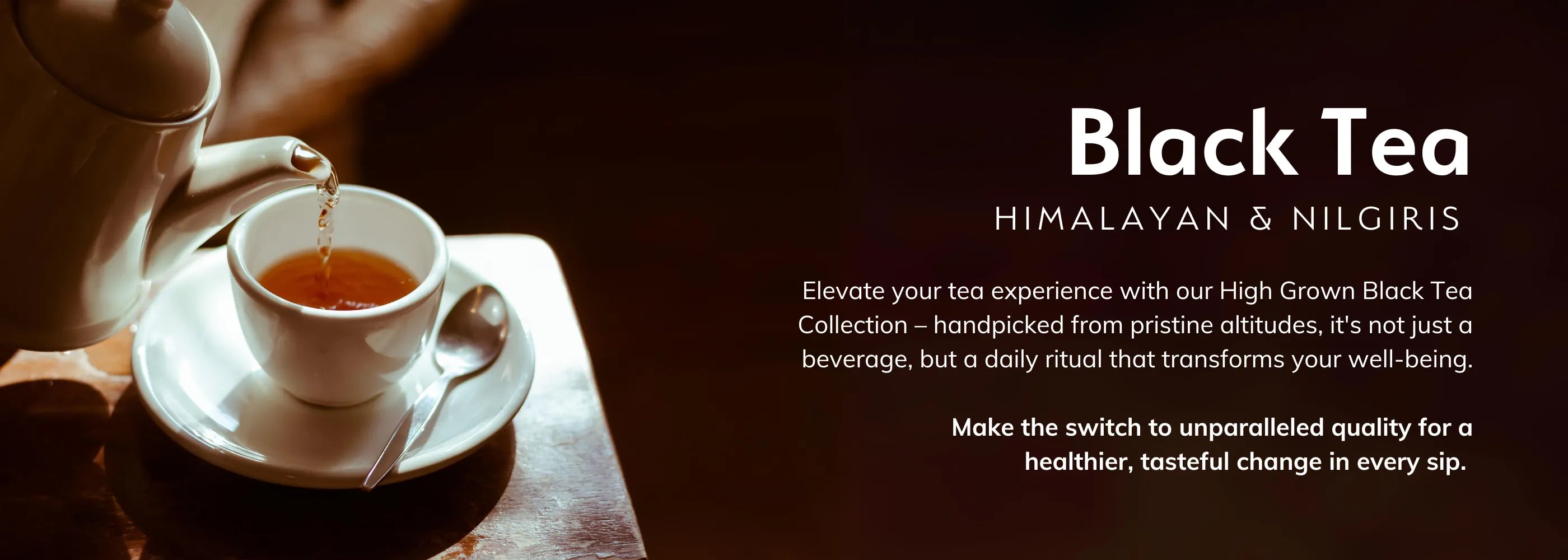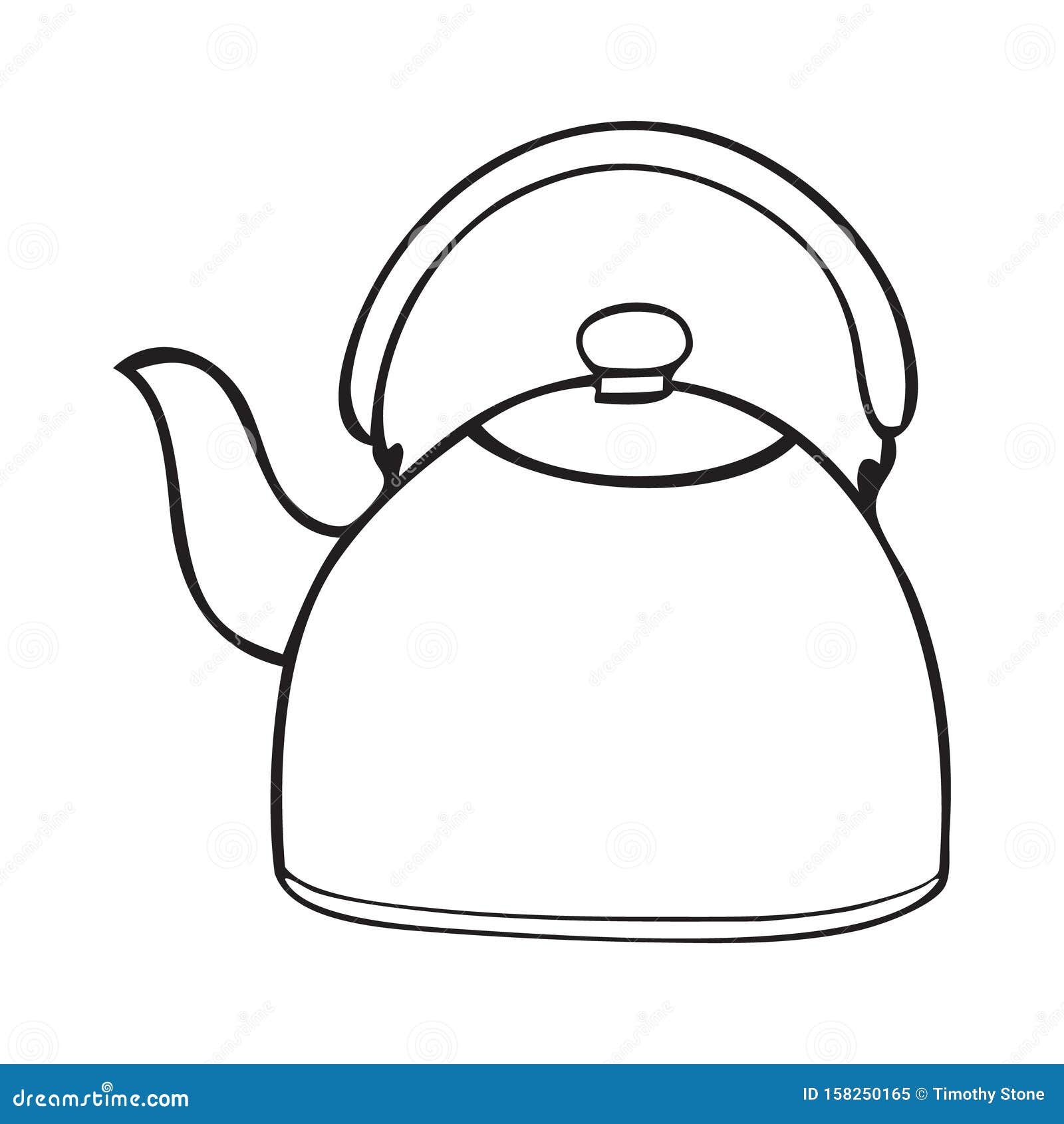Black kettle tea has been a staple in households around the world for centuries, offering a rich and flavorful experience. This aromatic beverage is more than just a drink; it's a cultural and historical tradition that continues to evolve with time. Whether you're a tea enthusiast or simply curious about this beloved brew, this article will provide you with all the insights you need.
From its origins to its modern-day variations, black kettle tea has captivated the hearts and palates of millions. Understanding its journey, health benefits, and brewing techniques can enhance your appreciation for this classic drink. In this guide, we'll delve into everything you need to know about black kettle tea, ensuring you're well-equipped to make the most of your tea-drinking experience.
As we explore the world of black kettle tea, you'll discover the diverse flavors, the science behind its preparation, and the cultural significance it holds. Whether you're looking to improve your brewing skills or simply learn more about this timeless beverage, this article is your ultimate resource.
Read also:Bob Muyskens Height A Comprehensive Guide To His Life Career And Physical Attributes
Table of Contents
- The History of Black Kettle Tea
- Types of Black Kettle Tea
- Health Benefits of Black Kettle Tea
- Brewing the Perfect Cup of Black Kettle Tea
- Proper Storage of Black Kettle Tea
- Pairing Black Kettle Tea with Food
- Sub-Varieties of Black Kettle Tea
- Global Popularity of Black Kettle Tea
- Sustainability in Black Kettle Tea Production
- Conclusion and Call to Action
The History of Black Kettle Tea
Black kettle tea traces its roots back to ancient China, where it was first cultivated and consumed as a medicinal drink. Over time, its popularity spread across Asia and eventually reached Europe through trade routes. The process of fermenting and oxidizing tea leaves to create black tea was developed in the 17th century, revolutionizing the tea industry.
As trade expanded, black kettle tea became a symbol of luxury and sophistication. The British East India Company played a pivotal role in popularizing this beverage, introducing it to the masses and establishing tea as a staple in British culture. Today, black kettle tea remains a beloved drink worldwide, celebrated for its robust flavor and versatility.
Origins of Black Tea
Black tea originated in the Fujian province of China, where the Wuyi Mountains provided the ideal climate for tea cultivation. The process of oxidizing tea leaves was discovered accidentally when tea farmers sought to preserve their harvest. This innovation led to the creation of black tea, which quickly gained popularity due to its longer shelf life and distinct taste.
Types of Black Kettle Tea
Black kettle tea comes in various forms, each with its unique characteristics and flavors. Understanding the different types can help you choose the perfect tea to suit your taste preferences.
- Assam: Known for its strong, malty flavor, Assam tea is grown in the northeastern region of India.
- Darjeeling: Renowned for its floral aroma and delicate taste, Darjeeling tea is often referred to as the "champagne of teas."
- Ceylon: Produced in Sri Lanka, Ceylon tea offers a bright and citrusy flavor profile.
- Keemun: A Chinese black tea with a smooth, fruity taste, Keemun is often used in premium blends.
Blending Techniques
Tea blending is an art that combines different types of black kettle tea to create unique flavor profiles. Master blenders use their expertise to ensure consistency and quality in each batch. Popular blends like English Breakfast and Earl Grey are crafted by combining specific teas to achieve the desired taste.
Health Benefits of Black Kettle Tea
Black kettle tea is not only a delicious drink but also offers numerous health benefits. Rich in antioxidants, it helps combat free radicals and reduce inflammation in the body. Regular consumption of black tea has been linked to improved heart health, better digestion, and enhanced mental alertness.
Read also:Andreacutes Vaca Age Biography And Achievements
Studies have shown that the flavonoids present in black tea can lower the risk of cardiovascular diseases. Additionally, the caffeine content in black tea provides a gentle energy boost, making it an excellent alternative to coffee for those seeking a milder stimulant.
Antioxidant Properties
Black kettle tea contains polyphenols, which are powerful antioxidants that protect cells from damage. These compounds contribute to the tea's ability to promote overall well-being and support immune function. Incorporating black tea into your daily routine can be a simple yet effective way to enhance your health.
Brewing the Perfect Cup of Black Kettle Tea
Brewing black kettle tea is both a science and an art. The key to achieving the perfect cup lies in understanding the optimal temperature, steeping time, and tea-to-water ratio. By following these guidelines, you can ensure a consistently delicious and aromatic brew every time.
For best results, use fresh, filtered water and heat it to a temperature of 200°F (93°C). Measure one teaspoon of loose-leaf tea or one tea bag per cup of water. Steep the tea for 3-5 minutes, depending on your preference for strength. Avoid over-steeping, as this can result in a bitter taste.
Tea Accessories
Investing in quality tea accessories can enhance your brewing experience. A good teapot, infuser, and thermometer can make a significant difference in the quality of your tea. Consider using a digital timer to ensure precise steeping times and maintain consistency in your brewing process.
Proper Storage of Black Kettle Tea
Proper storage is essential to preserve the flavor and quality of black kettle tea. Exposure to air, light, heat, and moisture can degrade the tea leaves, affecting its taste and aroma. To maintain freshness, store your tea in an airtight container away from direct sunlight and strong odors.
Consider using opaque, food-grade containers to protect your tea from light and moisture. Label each container with the date of purchase to ensure you use older stock before newer ones. By following these storage tips, you can enjoy your black kettle tea at its best for an extended period.
Shelf Life of Black Tea
While black tea has a longer shelf life compared to other types of tea, its flavor can diminish over time. Ideally, black kettle tea should be consumed within six months to a year of purchase for optimal taste. Regularly inspect your tea for any signs of staleness or off-flavors to ensure the best drinking experience.
Pairing Black Kettle Tea with Food
Black kettle tea pairs beautifully with a wide range of foods, enhancing the dining experience. Its robust flavor profile makes it an excellent companion for both sweet and savory dishes. From breakfast pastries to afternoon snacks, black tea can elevate the taste of your meals.
Classic pairings include scones with clotted cream and jam, chocolate desserts, and spicy curries. The tannins in black tea complement rich flavors, while its caffeine content provides a refreshing contrast to heavy dishes. Experiment with different combinations to find your perfect match.
Seasonal Pairings
Seasonal ingredients can enhance the pairing experience, offering fresh and exciting options throughout the year. In winter, pair black kettle tea with warm, spiced desserts like gingerbread or mulled fruits. During summer, enjoy it with fresh fruits or light salads for a refreshing twist.
Sub-Varieties of Black Kettle Tea
Within the realm of black kettle tea, there are numerous sub-varieties that cater to diverse tastes and preferences. These variations often depend on the region of origin, processing methods, and blending techniques. Exploring these sub-varieties can expand your tea-drinking horizons and introduce you to new flavors.
Some popular sub-varieties include Lapsang Souchong, known for its smoky aroma, and Golden Tips, prized for its golden hue and sweet taste. Each sub-variety offers a unique experience, making the world of black kettle tea endlessly fascinating.
Regional Influences
The geographical location of tea plantations significantly impacts the flavor and characteristics of black kettle tea. For instance, teas from the high-altitude regions of Darjeeling have a distinct floral note, while those from the lowlands of Assam are rich and robust. Understanding these regional influences can deepen your appreciation for the diversity of black tea.
Global Popularity of Black Kettle Tea
Black kettle tea enjoys widespread popularity across the globe, with millions of people indulging in its rich flavors daily. From the bustling streets of London to the serene gardens of Japan, tea culture varies significantly but remains a unifying force. The adaptability of black tea to different brewing methods and flavor preferences has contributed to its global appeal.
Tea ceremonies, festivals, and traditions surrounding black kettle tea highlight its cultural significance. Whether served as a morning ritual or an afternoon treat, black tea continues to bring people together, fostering connections and shared experiences.
Tea Trade and Economy
The global tea trade is a multi-billion-dollar industry, with black kettle tea being one of the most traded varieties. Major producers like India, China, and Sri Lanka play a crucial role in meeting the worldwide demand for black tea. The economic impact of tea cultivation extends beyond farming, supporting industries such as packaging, transportation, and retail.
Sustainability in Black Kettle Tea Production
Sustainability has become a critical focus in the production of black kettle tea. As consumers become more environmentally conscious, tea producers are adopting eco-friendly practices to reduce their carbon footprint and promote ethical sourcing. Initiatives such as Fair Trade certification and organic farming ensure that tea is grown and harvested responsibly.
Efforts to conserve water, reduce pesticide use, and protect biodiversity are transforming the tea industry. By choosing sustainably produced black kettle tea, consumers can contribute to a more sustainable future while enjoying a high-quality beverage.
Environmental Impact
The environmental impact of tea production extends beyond the plantation, affecting packaging, transportation, and waste management. Innovations in biodegradable packaging and energy-efficient processing methods are helping to minimize this impact. As the industry continues to evolve, sustainability will remain a key driver of change.
Conclusion and Call to Action
In conclusion, black kettle tea offers a rich and diverse experience that caters to a wide range of tastes and preferences. From its storied history to its modern-day variations, this beloved beverage continues to captivate tea enthusiasts worldwide. By understanding its origins, health benefits, and brewing techniques, you can enhance your appreciation for this timeless drink.
We invite you to explore the world of black kettle tea further by trying new varieties, experimenting with pairings, and sharing your experiences with others. Leave a comment below to let us know your favorite type of black tea or any tips you have for brewing the perfect cup. Don't forget to share this article with fellow tea lovers and explore our other resources for all things tea-related!
Data Sources: Tea Association of the United States, TeaUSA, Fairtrade International.


